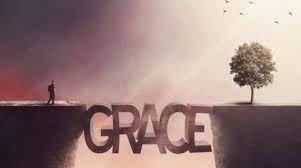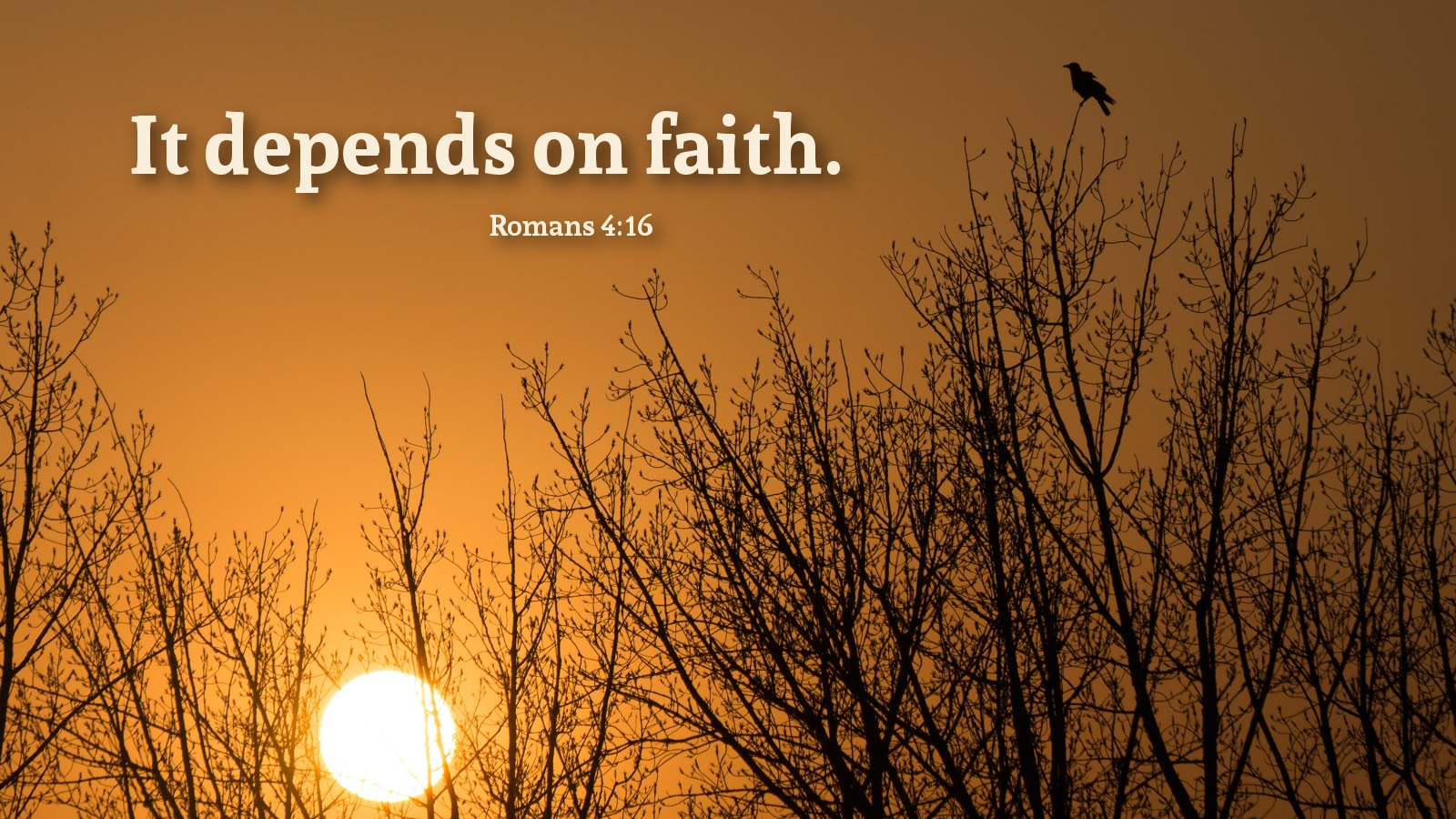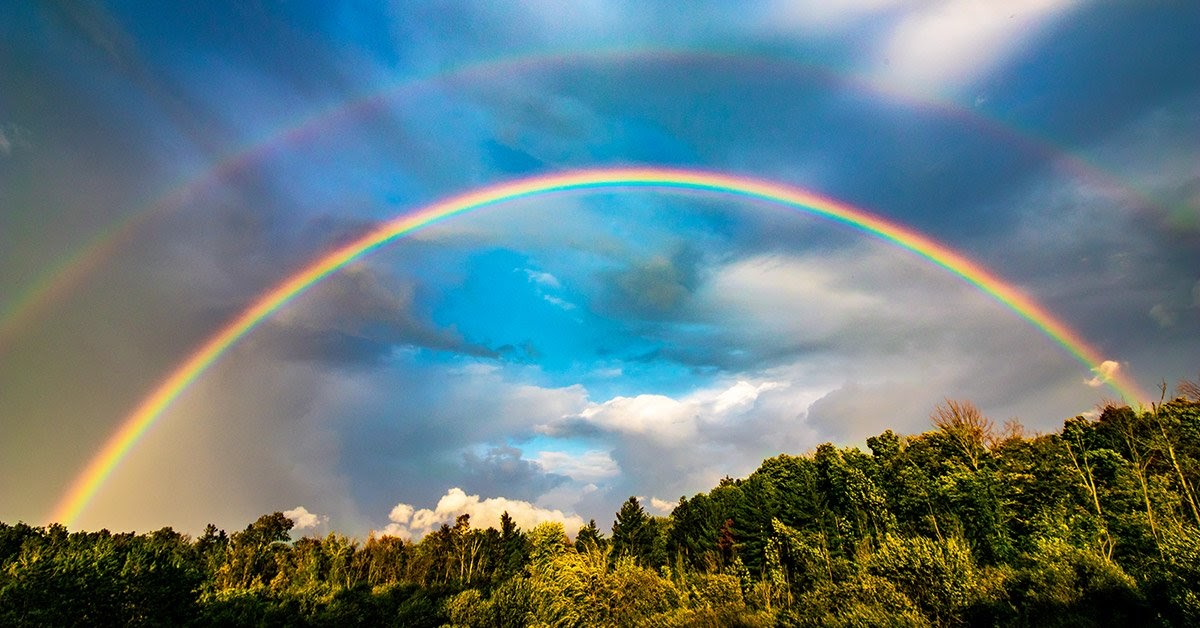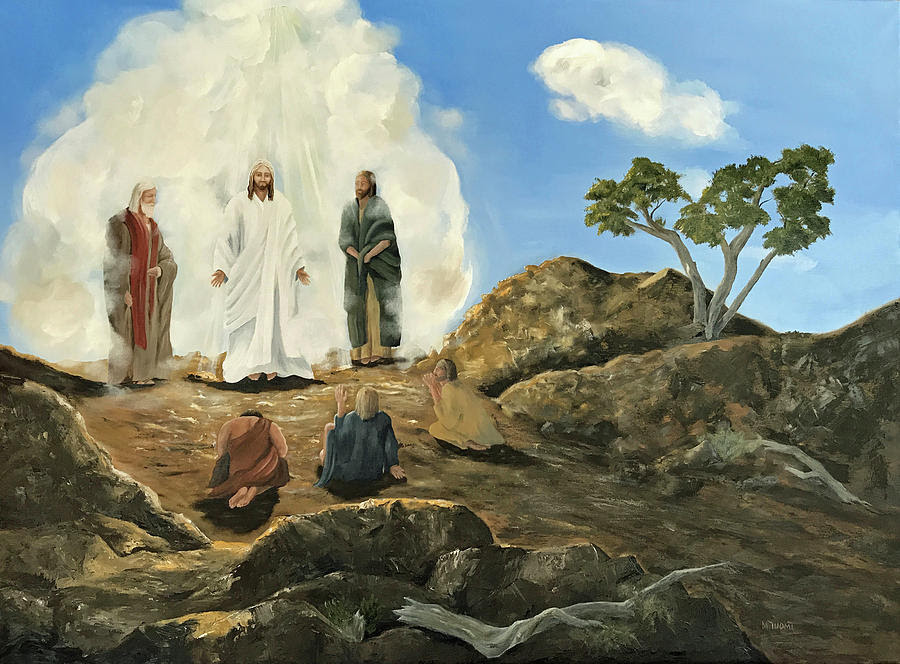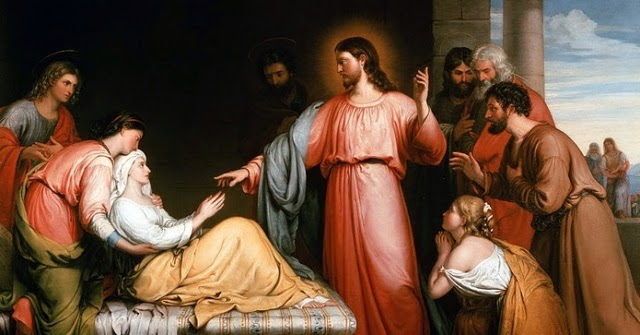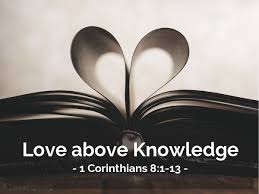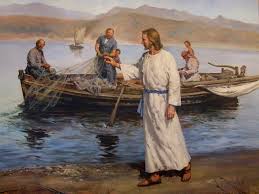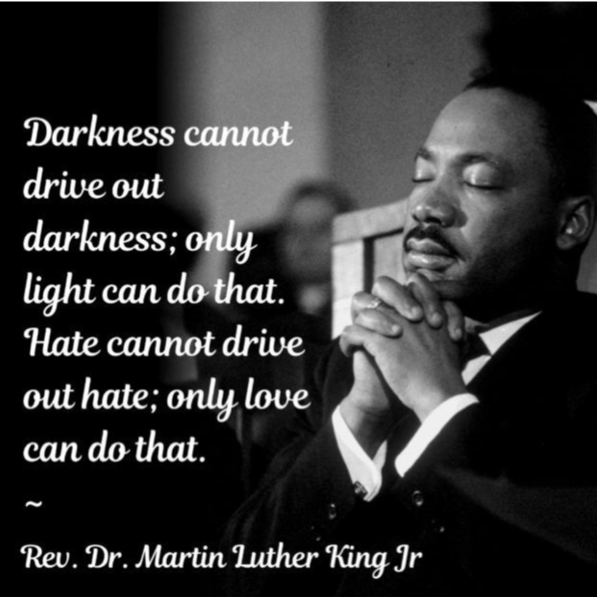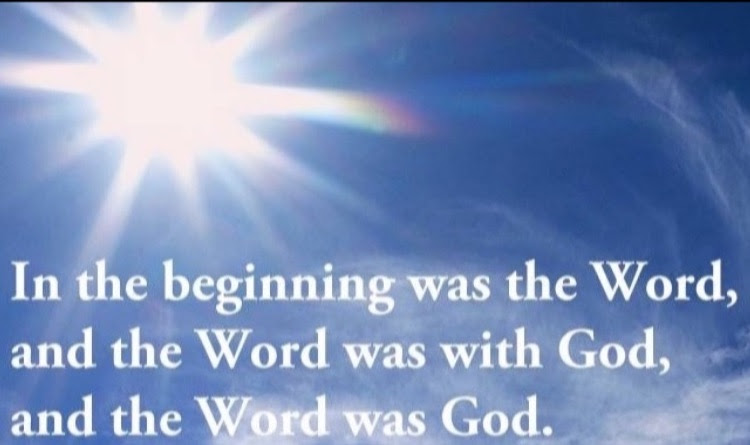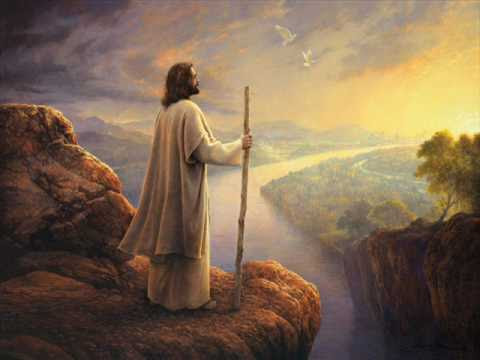
Presented to the First Congregational Church of Salem, NH March 21, 2021
Someone I loved once gave me
a box full of darkness.
It took me years to understand
that this, too, was a gift.
Mary Oliver wrote this poem called “The Uses of Sorrow” in 2007, well before the isolation and sorrow we are feeling today because of covid-19. Well before the recent divisiveness of politics, the violence of riots, the losses of a full year. Well before the depressive sorrow affecting most people today. No, she wrote this poem when there were just those “everyday” sorrows of living. But today, we are not only dealing with the “everyday” sorrows. We are also facing societal sorrow which means that nearly everyone has or is experiencing some sorrow – some loss – some heartbreaking wound due to the events of last year. So, perhaps now, as we start to reopen the world, it is time to remember those words of hope by Mary Oliver – remember that
Someone I loved once gave me
a box full of darkness.
It took me years to understand
that this, too, was a gift.
Yes, maybe – maybe in this Lenten season it is time to remember that in every box of darkness – every wound – every sorrow, there is also a hope – a gift – a calling to each of us waiting to draw us out of the darkness.
Before we continue, would you pray with me:
Holy Creator create in me a clean heart this day – scribe your covenant upon it and make me whole so we may all be called from the sorrow-filled darkness in our lives to be one with You in the kin-dom. We pray that our meditations this day be pleasing to you God and the words from my lips only speak of Your Truth.
Now, beloved, I do not believe that Oliver is speaking about God within this poem, nor do I believe God gives people sorrow. Rather, I believe she is simply referring to someone “I once loved.” And we all have that someone in our life. That someone who we have forgiven; but yet still, feel wounded by – in our lives. This someone could be our government, our family, our friends. That someone may even be ourselves and these wounds are creating a societal sorrow. For sorrow does not always happen when a tragedy happens – most often the sorrow, the unexpected sorrow which fills our life – which darkens every happy moment of our light comes only after the world resets itself. Then and only then do we have time to reflect on what has occurred and the darkness, at that point, can overwhelm our lives.
I imagine this concern is what Jesus is trying to warn the disciples about in the Gospel according to John, when Jesus first prophesies about his own death, according to the theologian Gail O’Day. And it is in today’s reading that Jesus does teach about his own death – about why he needs to die – and about what will come afterwards. What a hard lesson that would have been to hear. But can you imagine the depth of sorrow that each disciple could have felt without this teaching – without knowing the reason why Jesus had to die. Of course, you can imagine this somewhat, for we all have witnessed death without knowing why. I have seen these types of losses many times as many people have. I have witnessed people die because of everything from addictions to depression – but still, to witness Jesus on the cross, tortured, and struggling to breathe fills my heart with a sorrow that I cannot fully imagine. And this sorrow is what Jesus is preparing the disciples for – for the sorrow and the pain of seeing their friend – their teacher – our messiah executed, a truth which Jesus knew was coming. So, he told of his death not to frighten them, but to help them find a way out of the darkness – out of the tragedy – out of the sorrow – after he died, and they returned to life.
Thankfully, this sorrow is not the end of the story – there is Good News in the midst of Jesus’ teaching – He shares the hope which seems almost out of place: Jesus says, “Now my soul is troubled. And what should I say– Father, save me from this hour’? No, it is for this reason that I have come to this hour. Father, glorify your name.” When I read those words, I was reminded that Jesus – even Jesus – felt sorrow. His soul is troubled. This truth, beloved, is part of the human condition – we all feel sorrow when there are troubles – when there are boxes of darkness placed before us. The difference is what we choose to do with that box of darkness – that sorrow – that tragedy in our lives. Here Jesus offers another way, a way we can each find our way into the light, again – instead of dwelling in the darkness of sorrow. Mind you, this Way is not beyond forgiveness and prayer, those paths must come first. Those ways prepare us for this blessed teaching. But now, as we begin to reflect and feel the sorrow, Jesus teaches us the next step on the Way to the kin-dom. He teaches us how to be called out of the darkness – teaches our clean heart, there is hope – he teaches us that the sorrow we feel can also be a gift to the world so we may all glorify God through discovering the reason for the darkness we have endured.
So, how do we discover this reason? Perhaps through today’s lesson when Jesus also says, “whoever serves me must follow me, and where I am, there will my servant be also.” Now the interesting thing is that O’Day believes this verse is analogous, or comparable to, the idea in the other three Gospels that one should “take up the cross” which in today’s understanding can be more symbolic – like taking up the cross of a tragedy, a burden, or a sorrow that we carry. We also use this phrase to speak about the Mission of justice or compassion we are called to do in life, like taking up the cause of justice for Equal Rights, for Women’s rights, for LGBT + rights. In reality, however, the phrase means something else: it means death – the following of Jesus unto death. It is this understanding of the phrase that O’day uses as she rightly points out that the scripture in the Gospel according to John is not only asking people to follow Jesus unto death like in the synoptic Gospels, but Jesus is also promising in our reading today that anyone who does follow him – will be with Christ in the kin-dom of Heaven.
Thankfully, we are not speaking of death – today; but sorrow can feel like death. So, let us consider the scripture in this way. When we do, the symbolic understanding of this phrase seems entirely prudent. For, it shows the Way we may find freedom from sorrow. We do this feat by following Jesus into the darkness – by witnessing the pain – by realizing the wound which is drawing us deeper into sorrow. In other words, we “take up the cross” of this sorrow. But then, we witness the Way out of the darkness by “take(ing) up the cross” of God’s Mission we are each called to do in this life. By following this Mission, we are following Christ out of the darkness to the kin-dom of God. To put it plainly, by being the light – the hope – the healing disciple for the part of God’s Mission which you are called to do, you will heal your own pain – find hope in your own sorrow – shine a light in your own darkness as we return to the world.
But how do you know what part of God’s Mission you are called to do individually – what is the present in your box of darkness? Well, what wound is filling your heart with sorrow? Perhaps, the very sorrow we are experiencing personally is the part of the Mission we need to fulfill most in our life. The part of God’s Mission which will not only glorify God but will also heal our clean heart and bring us out of the darkness. If this idea is true, where do you feel sorrow? Is it in the sense of loss – the isolation – the political wounds of today?
Begin there, begin by witnessing your own sorrow and the Way will become clear. To explain, if your sorrow is that of missing family or friends. Embrace this sorrow and follow Christ. Then, let God’s Mission fill Your heart by reconciling with your loved ones. You may do this through a phone call, a card, or the gift of your smile across a socially distant spacing. This Way is part of God’s Mission, it is building the fellowship of Christ. Or perhaps you feel wounded by the violence over the last year – the inequality in our world – the hate perpetrated against people due to an identity – pick up that cross and recognize your pain so you can witness where God is calling you to personally serve her Mission. This calling can be experienced as awareness or teaching – can be the loving example of acceptance of another – can be the disruption of systemic inequalities. Or perhaps your sorrow stems from the political divisiveness, the growing number of people with addictions, the increase of mental illness, the plague of domestic violence or many other issues causing sorrow, today. Basically, by witnessing your own sorrow, you will discover your part of God’s mission; and by embracing this Mission, you will free yourself of the sorrow and glorify God.
Now beloved, it may take years to discover this present like it did for Mary Oliver in her poem but the gift is there – for the sorrows which affect us most also reveal how God is calling us out of the darkness – by knowing that darkness we can start to discover how to find the light together and thereby not just heal ourselves but glorify God through the blessed sharing of his Mission. May your week be free of sorrow as we turn from the darkness and follow Christ to the light of the kin-dom of God. amen.

